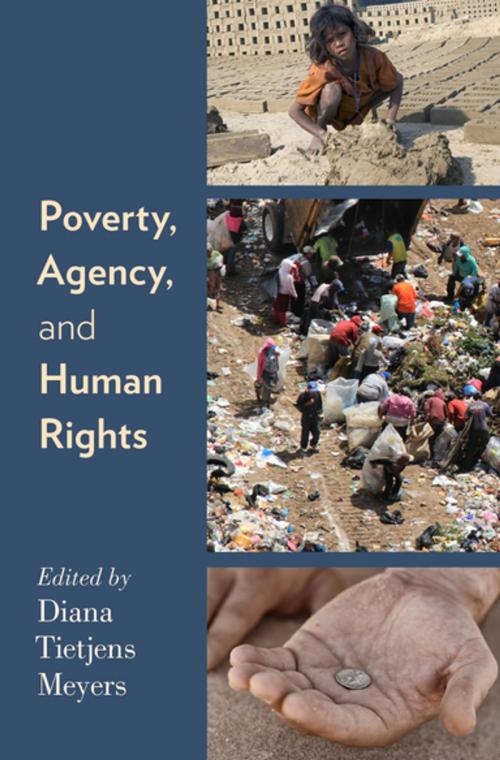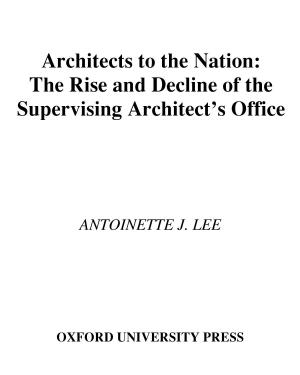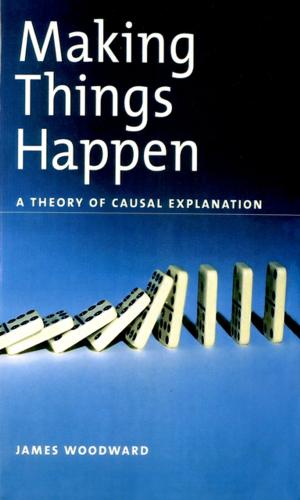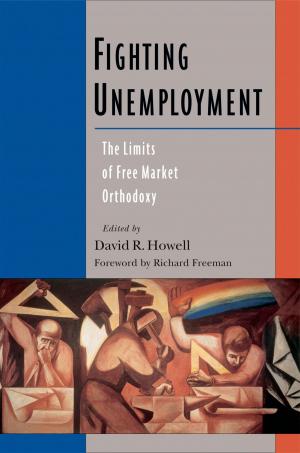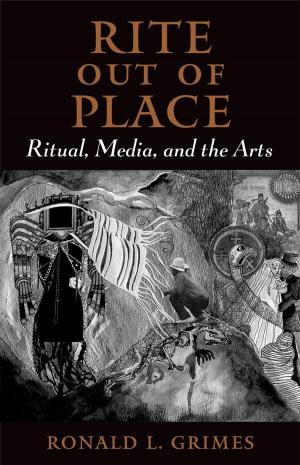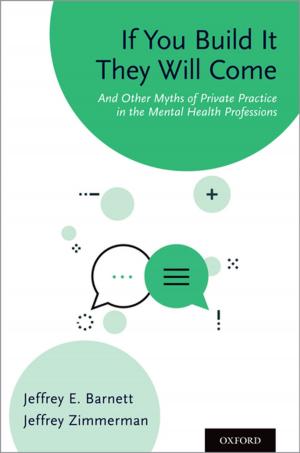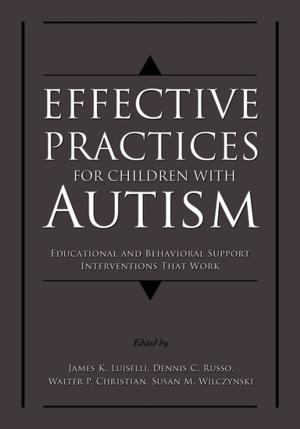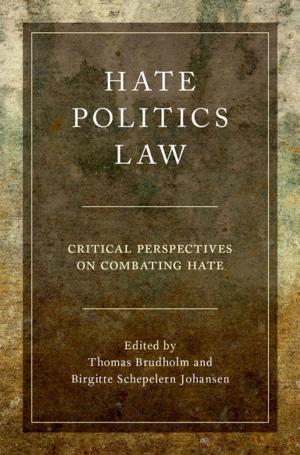Poverty, Agency, and Human Rights
Nonfiction, Religion & Spirituality, Philosophy, Political, Social & Cultural Studies, Political Science| Author: | ISBN: | 9780199396900 | |
| Publisher: | Oxford University Press | Publication: | July 22, 2014 |
| Imprint: | Oxford University Press | Language: | English |
| Author: | |
| ISBN: | 9780199396900 |
| Publisher: | Oxford University Press |
| Publication: | July 22, 2014 |
| Imprint: | Oxford University Press |
| Language: | English |
Poverty, Agency, and Human Rights collects thirteen new essays that analyze how human agency relates to poverty and human rights respectively as well as how agency mediates issues concerning poverty and social and economic human rights. No other collection of philosophical papers focuses on the diverse ways poverty impacts the agency of the poor, the reasons why poverty alleviation schemes should also promote the agency of beneficiaries, and the fitness of the human rights regime to secure both economic development and free agency. The book is divided into four parts. Part 1 considers the diverse meanings of poverty both from the standpoint of the poor and from that of the relatively well-off. Part 2 examines morally appropriate responses to poverty on the part of persons who are better-off and powerful institutions. Part 3 identifies economic development strategies that secure the agency of the beneficiaries. Part 4 addresses the constraints poverty imposes on agency in the context of biomedical research, migration for work, and trafficking in persons.
Poverty, Agency, and Human Rights collects thirteen new essays that analyze how human agency relates to poverty and human rights respectively as well as how agency mediates issues concerning poverty and social and economic human rights. No other collection of philosophical papers focuses on the diverse ways poverty impacts the agency of the poor, the reasons why poverty alleviation schemes should also promote the agency of beneficiaries, and the fitness of the human rights regime to secure both economic development and free agency. The book is divided into four parts. Part 1 considers the diverse meanings of poverty both from the standpoint of the poor and from that of the relatively well-off. Part 2 examines morally appropriate responses to poverty on the part of persons who are better-off and powerful institutions. Part 3 identifies economic development strategies that secure the agency of the beneficiaries. Part 4 addresses the constraints poverty imposes on agency in the context of biomedical research, migration for work, and trafficking in persons.
